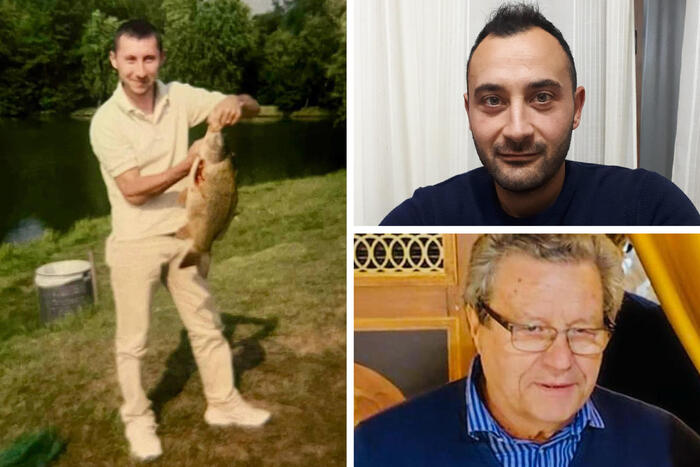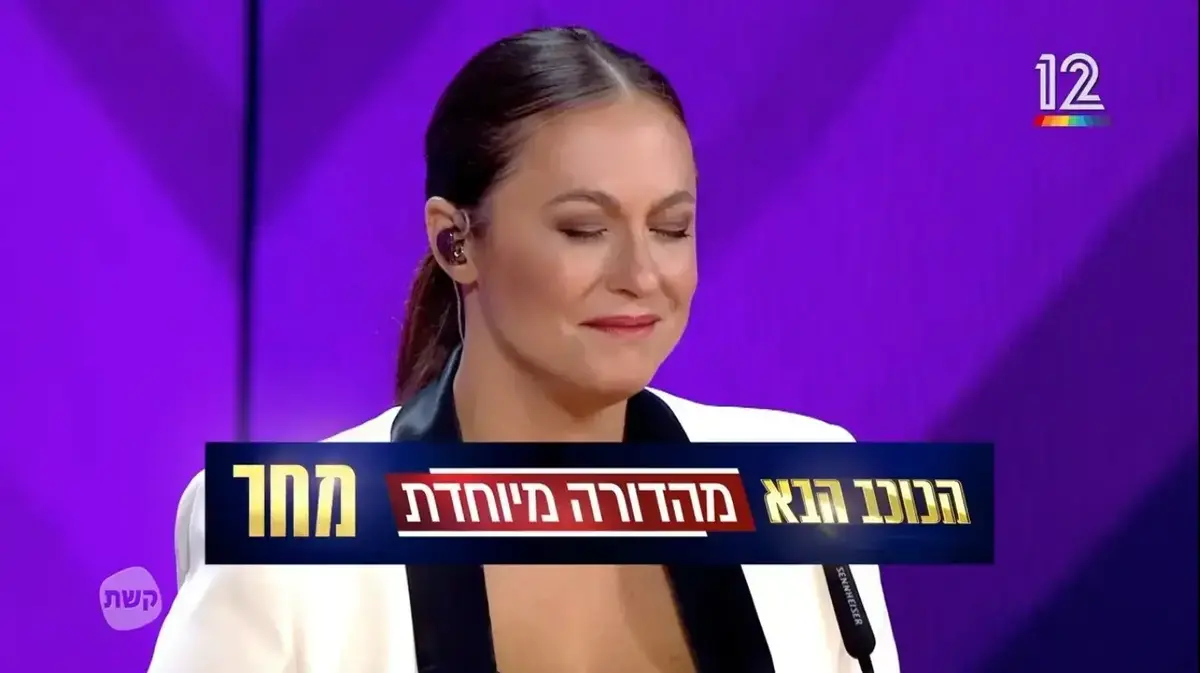Aleppo-SANA
His hearing since childhood was tuned to the sound of the oud, and his soul was saturated with the original melody, so the oud player Hamdi Al-Shater adored the melodies of his father and grandfather, which was the greatest incentive for him to love this instrument.
Over the years, Al-Shater upgraded his creative skills, working on strumming the strings of the oud, and making them harmonize with his plectrum to send melodies with which he reached the world, and made his owner lead the first row of the orchestras that satiated the Aleppo music with songs and stanzas sung by art and singing lovers.
And about his musical upbringing, Al-Shater indicated to SANA reporter that he was brought up in an artistic family, where his grandfather, Hamdi Al-Shater, was a professor and teacher of the clarinet in the former Directorate of Knowledge, and his father, Asaad Al-Shater, continued his grandfather’s artistic career by playing the oud instrument, and he worked with the great singers in Syria, including the late Sabah Fakhri and the artist Mayada El-Hinnawi, and in recent years he has been playing alone on a daily basis as part of solo concerts for the Oud.
The oud is considered one of the ancient oriental musical instruments, according to Al-Shater, as it witnessed continuous development until it reached its current form. Arabic and the symbol of the eastern takht.
He talked about the various schools of the art of the oud, including the Syrian, Iraqi, Persian and Turkish, and each school has its own specificity, beauty and flavour, considering that the oud was like a bass instrument that was found in the old oriental bands before the entry of the new cello, guitar and double bass into oriental music, and at this stage the style and form of playing changed. As for the Oud, especially at the present time, when it has its own independence and privacy.
Al-Shater advised the young generation or any emerging singer to learn to play the oud because it is a reference in the scale of playing and musical scales, stressing his endeavor to teach young people the heritage of this instrument, which is the basis of songs of muwashshahs, dawrs and poems.
It is noteworthy that Al-Shater joined in 1984 the Arab Music Institute affiliated with the Ministry of Culture, and graduated in 1992 under the supervision of his father. Then he followed remedial courses to play the oud, and among his late teachers were Atef Khayatah and Muhammad Qassas, then he turned to professional music, where he joined the Artists Syndicate in 2006. In Syria, he participated in concerts inside and outside Syria, including in Tunisia, Egypt, the Gulf states, Hungary, France and England.
Al-Shater is currently the head of the Culture and Information Office at the Artists Syndicate in Aleppo, and he works as the head of the Oriental Instruments Department at the institute he graduated from, which is witnessing a turnout from young and promising generations to learn to play the oud and the qanun there.
Qusai Razzouk
Follow SANA's news on Telegram https://t.me/SyrianArabNewsAgency








